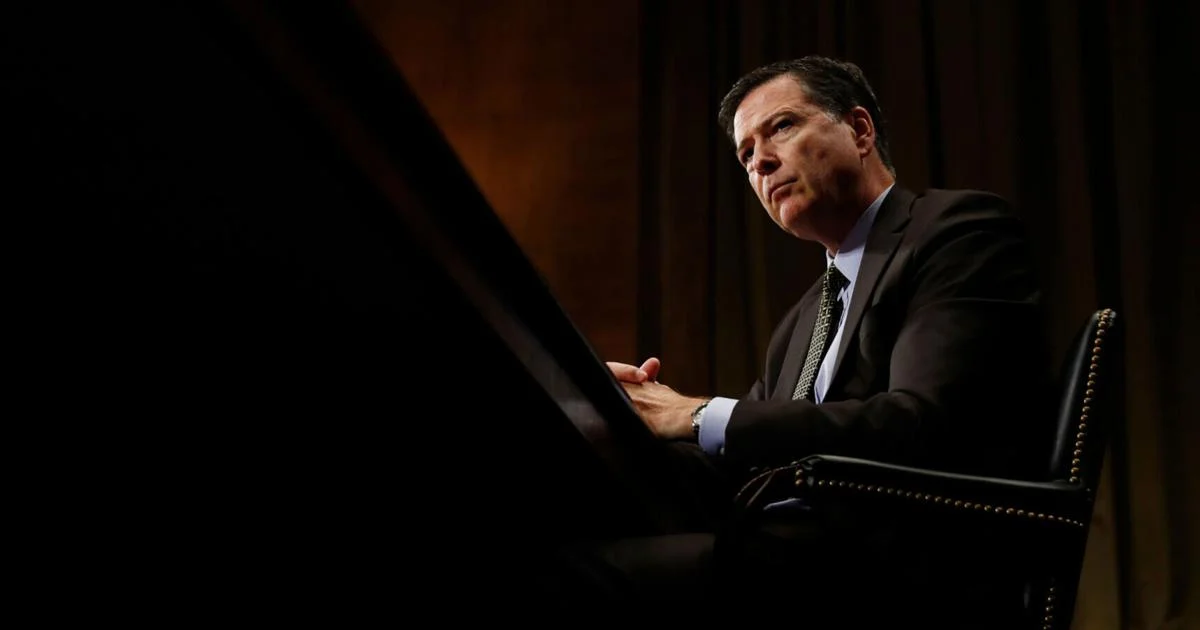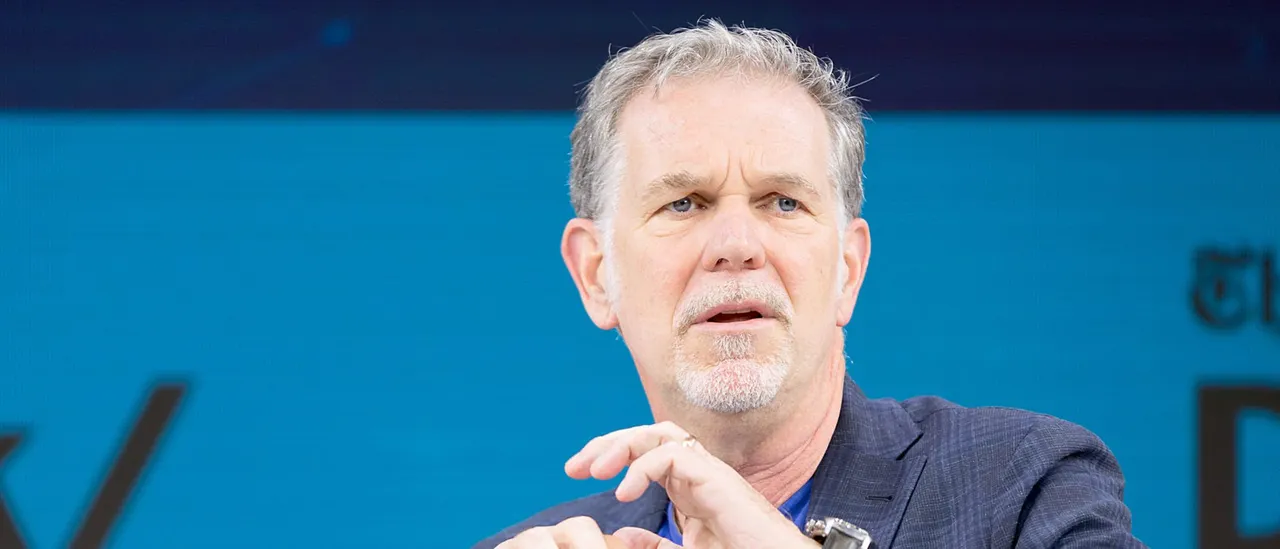
For information on submitting an obituary, please contact Reading Eagle by phone at 610-371-5018, or email at obituaries@readingeagle.com or fax at 610-371-5193.
Most obituaries published in the Reading Eagle are submitted through funeral homes and cremation services, but we will accept submissions from families. Obituaries can be emailed to obituaries@readingeagle.com.
In addition to the text of the obituary, any photographs that you wish to include can be attached to this email. Please put the text of the obituary in a Word document, a Google document or in the body of the email. The Reading Eagle also requires a way to verify the death, so please include either the phone number of the funeral home or cremation service that is in charge of the deceased’s care or a photo of his/her death certificate. We also request that your full name, phone number and address are all included in this email.
All payments by families must be made with a credit card. We will send a proof of the completed obituary before we require payment. The obituary cannot run, however, until we receive payment in full.
Obituaries can be submitted for any future date, but they must be received no later than 3:00 p.m. the day prior to its running for it to be published.
Please call the obituary desk, at 610-371-5018, for information on pricing.
By William Santoro, MD, and Ankit Shah, MD
Santoro is immediate past president of the Berks County Medical Society. Shah is president. They are writing on behalf of the BCMS Executive Board.
Health care in America has always evolved — shaped by science, politics, and societal values. As we reflect on our current challenges, it’s worth considering where we are, how we arrived — and how lessons of history can guide us forward.
Immunizations offer the clearest example science transforming public health. Let’s begin with smallpox, one of history’s most devastating diseases. In 1796, Edward Jenner developed the first successful immunization using material from cowpox lesions to protect against smallpox. Early efforts to prevent smallpox met resistance from those distrusting science, fearing government intrusion, or questioning the risks. Jenner’s innovation marked a turning point in medicine, leading to global eradication of smallpox in 1980. Since then, immunizations have prevented untold suffering from diseases like polio, measles, influenza, and recently, COVID-19.
Immunization’s power lies not only in individual protection but in collective responsibility. Immunizations work best when widely distributed, creating “herd immunity” protecting the most vulnerable — those who cannot receive immunizations due to age or health conditions. This makes immunization not simply an individual choice, but a social contract. The decision to be immunized strengthens the fabric of public health, safeguarding one’s neighbors and future generations.
Immunizations have long been debated. These debates persist today, fueled by misleading information and political division. Education and clear communication are vital. School immunization requirements, though contentious for some, exist because maintaining high levels of protection is critical to community health.
But it’s important to acknowledge nuance. There’s a small but real portion of the population who should not receive immunizations for legitimate reasons — severe allergies, compromised immune systems, or prior serious reactions. Others seek exemptions on religious grounds. While these objections don’t change science, recognizing them helps us engage respectfully and remain partners in dialogue. For those who cannot receive immunizations, hesitation is not born of rumor but of lived experience, and their concerns deserve respect. Yet their very vulnerability underscores why the rest of us must embrace immunization: herd immunity offers protection they cannot create for themselves.
The broader context of health care in America cannot be ignored. With the development of immunizations, antibiotics, genetics, and immunology, science has led humanity to astonishing progress. Yet today, we’re witnessing attacks on pillars of our health care system. Funding at the National Institutes of Health and Centers for Disease Control and Prevention have been cut, undermining research and preparedness. Trusted advisory bodies like the Advisory Committee on Immunization Practices have been disrupted, with respected experts dismissed and replaced by individuals whose agendas are more political than scientific. Recently, the American Academy of Pediatrics and the American Academy of Family Physicians took the extraordinary step of rejecting CDC immunization recommendations — signaling deep concern about politicization of public health. Perhaps most harmful is the growing attempt to erode trust in medicine itself, casting doubt on expertise and spreading misleading information when clarity is needed most.
The COVID-19 pandemic tested the resilience of our health care system. Whatever one’s political perspective, it’s important to acknowledge the unprecedented effort made during President Trump’s first administration to accelerate immunization development and distribution. Operation Warp Speed succeeded in delivering safe and effective immunizations in record time, undoubtedly saving millions of lives worldwide.
Today, President Donald Trump and Health Secretary Robert F. Kennedy Jr. hold immense power over our health care future. Most heads of the Department of Health and Human Services haven’t been physicians, so our concern is not about credentials but about priorities. Leadership in health policy carries the responsibility of ensuring science, not ideology, guides decision-making. These leaders need our support in the hard work of improving health care, but support does not mean blind acceptance. When rhetoric turns into corrosive attacks on science, we have a duty to resist. It’s worth remembering, decisions made based on false information often end with unintended outcomes. This is why the medical literature emphasizes “evidence-based” medicine and medical students are taught to evaluate the strength of the evidence behind recommendations. Our knowledge is not perfect, but decisions guided by the best available evidence give us the best chance at success.
The history of immunizations reminds us science can elevate humanity. The eradication of smallpox shows global cooperation and shared responsibility can conquer the deadliest threats. COVID-19 immunizations reaffirm the same lesson in modern times. If we prioritize collective responsibility, evidence-based medicine, and thoughtful leadership, we can chart a course toward a healthier, more resilient future. But we must be clear-eyed: when science is ignored, when public health is politicized, when leadership strays from its responsibility to protect society, it is the people who suffer most.
That is why now, more than ever, citizens must demand evidence-based leadership. We must support policies grounded in science, elect leaders who respect expertise, and resist the pull of falsehoods. For over two centuries, science has carried us forward. Our task is to ensure science continues to light the path.



